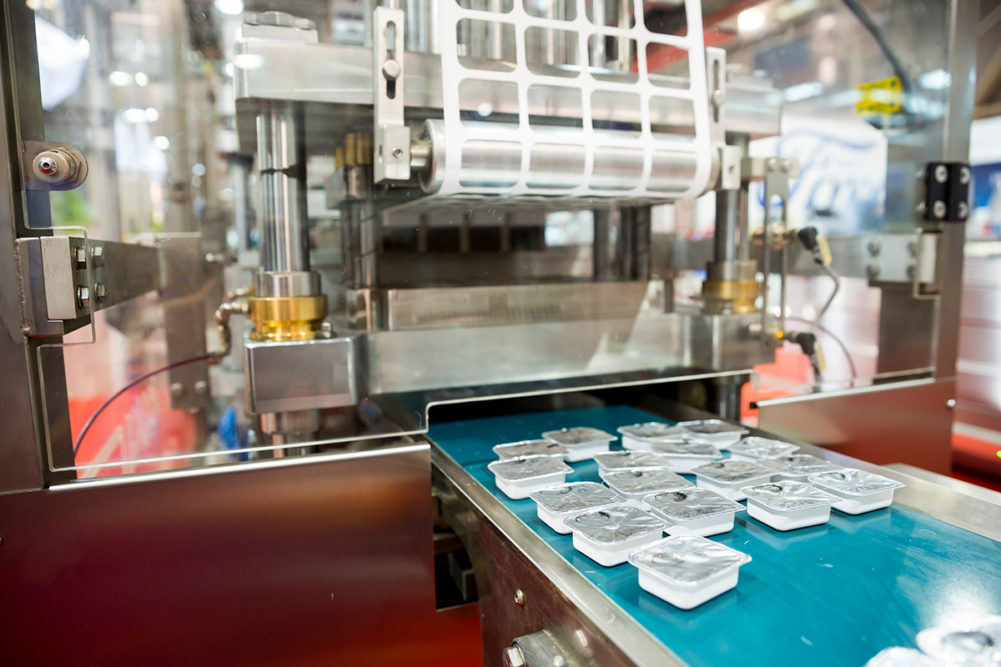By January of this year, companies that made foods containing detectable modified genetic materials were required to label them with a USDA-approved logo.
To help its customers meet that deadline, Toledo, Ohio-based Bollin Label Systems created a new bioengineered label with the approved logo, said Helen Darrah, Bollin’s executive director of sales and marketing.
Also new from Bollin is a sesame allergen label, the latest addition to the company’s Icon Allergen Label series.
Sesame was recently named the ninth major food allergen in the US, requiring it to be declared on food labels beginning Jan. 1, 2023.
And finally, based on customer requests, Bollin has added new flavor labels to its catalog of stocked items. New entries include quinoa, seeded, olive, sesame and mint.
There are no other federal labeling regulations on the immediate horizon, but the company is designed to act quickly to keep its customers up to speed when new demands on their products are made.
“We’re always tracking and make sure we are keeping up to date of any new developments that pertain to the legality of food labeling claims, especially with it comes to FSIS regulations for meat and poultry labeling,” Darrah said.
Demand for labels undoubtedly jumped when the pandemic began, and it continues to be strong, Darrah said.
Transparent and tamper resistant labels in particular continue to be in high demand.
“Customers want grocery labels that are easy to read and not misleading,” she said. “They want assurance and peace of mind knowing what is in their basket is fresh, safe and know where it came from or what the ingredients are.”
Inflation is prompting a surge in demand for private label offerings across a wide range of foods, she added. Bollin has been working with many retailers who are looking to elevate their look and increase brand awareness for the items they make and sell in their stores with attractive labels.
“After losing ground to big-name brands during the pandemic, store offerings have gained momentum as consumers look for cheaper substitutes to save money,” Darrah said.
Every print convertor company like Bollin is dealing with the same allocations, shortages and delays, Darrah said — the labeling industry’s particular experience of the worldwide supply-chain crisis.
As prices continue to go up, she said, Bollin needs to continue to be smart about purchasing.
“We need to keep encouraging customers to order ahead of time and forecast their needs. Until we get some stability in the marketplace, we need to continue to work the key aspects of resiliency, sustainability, and transparency into our process to enable us to be more successful in the future with our company. And we need to continue to use our mitigation activities.”
The silver lining, Darrah said, is that the pandemic has caused Bollin to focus on best practices.
Staying focused on best practices gives the company a particular advantage whenever it’s facing challenges and needs to consider some material substitutions, she said.
“We understand the frustration and stress these ongoing supply chain difficulties cause and look at every strategy we can to offer the best solutions to our customers and our company.”
Investing in a digital press several years ago has allowed Bollin to accommodate smaller run sizes, pivot easier, and produce less waste, Darrah said.
Anytime the company can use less material and get more good labels per roll, the better, she added.

